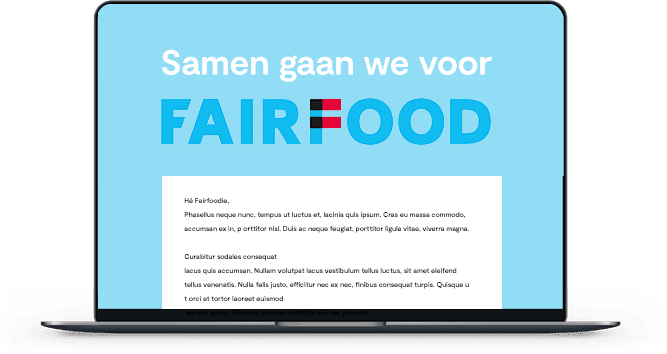Three recommendations to make Human Rights and Environmental Due Diligence work for smallholders
On behalf of a group of thirteen civil society organisations, we now share with you the joint paper “Legislating for Impact”, related to the upcoming Sustainable Corporate Governance initiative.
We at Fairfood welcome the upcoming legislative proposal by the European Commission for a Sustainable Corporate Governance directive, including mandatory human rights and environmental due diligence (HREDD).
To effectively stop human rights violations and negative environmental impacts in global supply chains, EU policymakers should ensure the upcoming legislation leads to positive impacts for rightsholders and improves the situation and the livelihoods of smallholders. It is key that the HREDD directive addresses the root causes of adverse impacts on human rights and the environment such as persistent poverty among smallholders.
While smallholders can be active drivers of sustainable development, the conditions for them to produce in an economically, socially and environmentally sustainable way are often lacking. Unchecked predatory purchasing practices, trade barriers, and additional costs to comply with codes of conduct push smallholders further into poverty. For rightholders such as smallholder farmers to truly benefit from the upcoming legislation, they must be able to earn a living income and pay living wages to hired workers.
17 October 2021 marked the annual International Day for the Eradication of Poverty. On this day, the international community calls for the urgent need to ‘Build Forward Together’ and end persistent poverty. Alongside 12 civil society and producer organisations, Fairfood join this call to action and release a briefing that provides three overarching recommendations to make HREDD legislation work for smallholders.
The briefing strongly recommends that the legislation and accompanying guidance should:
- Focus on living incomes, living wages and responsible purchasing practices to reduce poverty among smallholder farmers.
- Encourage lasting trade relationships and continuous improvement in global value chains.
- Require the engagement and active collaboration of rightsholders in all the stages of the human rights and environmental due diligence processes.
We are convinced that including concrete measures to involve and support smallholders will make the legislation effective. It is also a matter of social justice and solidarity with the most marginalised actors in global supply chains who produce a third of the world’s food supply. Smallholder farmers are a vital part of the solution to ending persistent poverty, and the EU must prioritise their rights in creating legislation that will have a truly sustainable and inclusive impact.
Why is Fairfood behind this?
We at Fairfood believe that companies have the obligation to look at their supply chains and identify and tackle issues within them. The ones that are hurt most, are often the producers at the beginning of the supply chain, and organisations at the other end of the supply chain have the influence and the responsibility to do something about it. Paying the farmers who supply the Dutch population with coffee, cocoa, fruits, and more, a living income, making sure that they are treated fairly, and that production is not harming the environment are things that are becoming expectations and standards. Through transparency and structures to hold companies accountable if they fail to do so, we can collectively make the first steps towards Corporate Social Responsibility.



